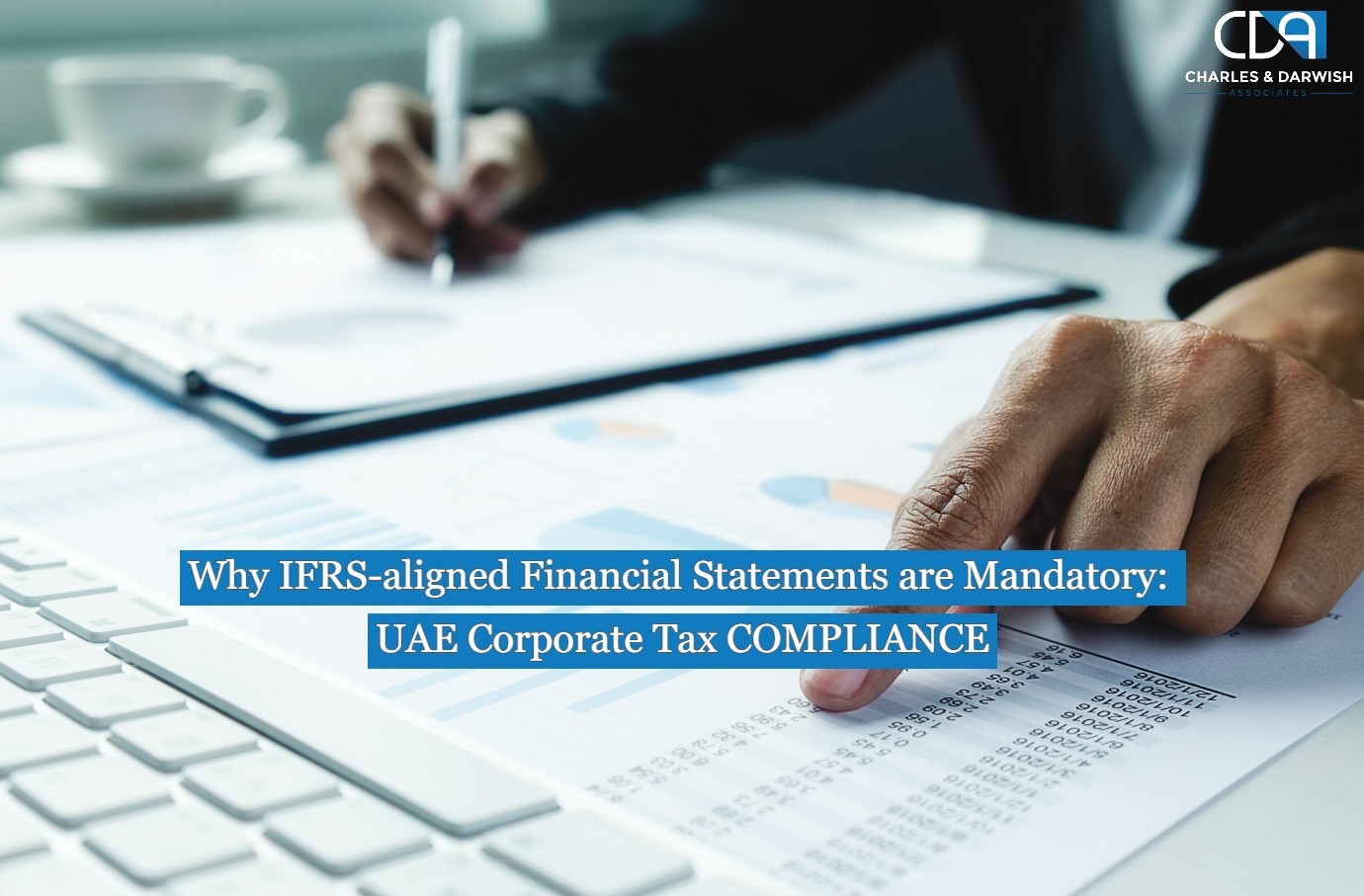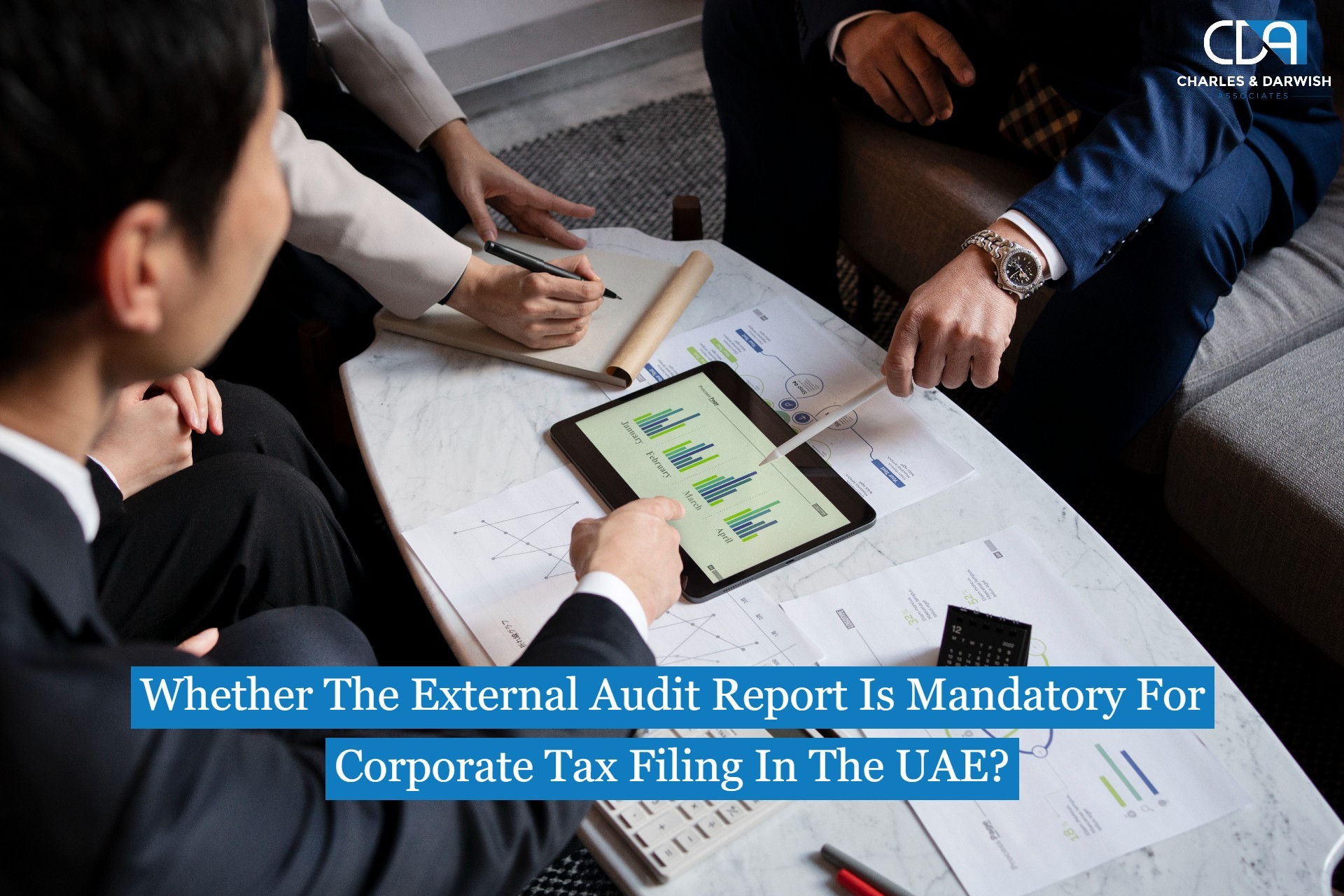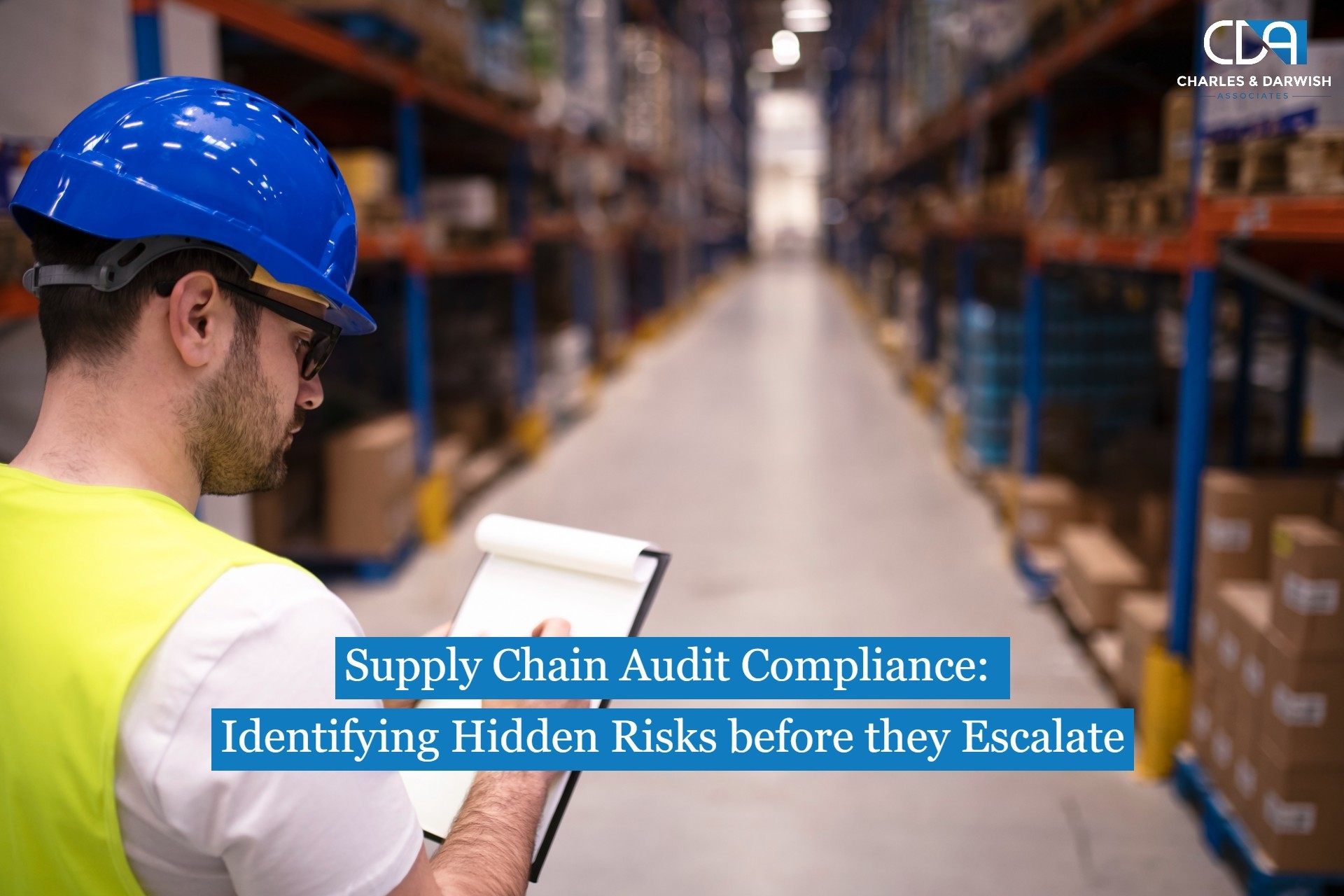Adjustments Applicable on UAE Corporate Tax
The United Arab Emirates (UAE) has stepped into a new era of taxation with the introduction of a corporate income tax system.
Effective June 2023, the government of the UAE has instituted corporate tax legislation to standardize the method by which businesses operating within the UAE are taxed. This groundbreaking tax system imposes a standard rate of 9% on all annual taxable profits exceeding AED 375,000.
In this blog, we will explore the intricacies of the UAE CT system to understand the crucial adjustments that businesses need to take into account when calculating their UAE corporate tax liability.
Understanding the Adjustments Applicable While Calculating UAE Corporate Tax
The foundation of UAE's corporate tax system lies in the calculation of taxable income, which is based on the financial statements prepared as per UAE accounting standards. Taxable income, thus, undergoes several adjustments to align it with the country's tax regulations. The key adjustments include:
Adjustment for Realized and Unrealized Gains/ Losses
- Any realized or unrealized gains or losses related to capital items must be factored into the taxable income calculation. This means that if your business owns assets whose value has appreciated or depreciated, you must include their changes in value in your tax calculation.
Adjustment for Depreciation, Amortisation, and Value Changes
- Any depreciation, amortization, or change in the value of the asset (excluding financial assets) is excluded from the adjustment amount if it exceeds the original cost of the asset. This decreases the taxable income for a business.
Adjustment for Transactions with Related Parties
- In situations where assets or liabilities are transferred between related parties, such as the parent company and its subsidiaries or companies under common control, the taxable income of both parties should be adjusted to reflect the market value (the amount that would have been paid by an independent party under similar circumstances, i.e., the arm’s length principle) of the assets or liabilities transferred. This is done to prevent any manipulation of taxable income.
Adjustments under the Transitional Rules
- In corporate tax, transitional rules provide important clarifications for businesses to make a seamless shift from the pre-implementation period of the CT law to the post-implementation period. These rules aim to ease the transition process for businesses. The types of assets or liabilities that a taxable person may choose to adjust under the Transitional Rules include:
- Qualifying Immovable Property.
- Qualifying Intangible Assets.
- Qualifying Financial Assets
- Qualifying Financial Liabilities.
You can also read: Adjustments Applicable While Calculating UAE Corporate Tax
- A taxable person may choose to adjust their taxable income if all of the following conditions are met in the context of immovable property and intangible assets:
- The assets were owned before the first Tax Period (i.e. before the Taxable entity’s first fiscal year)
- They are valued in the financial statements on a historical cost basis.
- The assets are disposed of or deemed to be disposed of after the CT Law becomes effective for a taxable person and the value of the assets exceeds the net book value (resulting in a profit).
With regards to qualifying financial assets and qualifying financial liabilities, only the first two aforementioned conditions are required to be met.
Other adjustments include:
- Adjustments related to exempt income
- Adjustments related to tax reliefs or any incentives
- Adjustments related to income from intra-group transfers
- Any other adjustments as notified by the minister
The introduction of the UAE corporate tax system constitutes a substantial shift for businesses operating within the country. Understanding the adjustments applicable when calculating UAE corporate tax is paramount for compliance and financial planning. As businesses operating in the UAE navigate this new tax environment, they must take into account not only their current financial obligations but also the potential effects of their tax liabilities on their future profitability. To thrive in this new tax era, here are some critical takeaways:
- Compliance is Key: Understanding and adhering to the adjustments applicable to calculate the UAE Corporate Tax is crucial to avoid any penalties or legal issues. Staying informed and seeking professional advice from experts like CDA can help businesses ensure full compliance with the law.
- Strategic Tax Planning: With this new tax system in place, businesses must reevaluate their financial strategies, comprising investments, mergers, and acquisitions, to ensure tax efficiency and profitability.
- Accurate Documentation is Vital: Proper record-keeping and documentation, especially in terms of transfer pricing, is essential for businesses to demonstrate compliance with the UAE's corporate tax regulations.
CDA as your Tax Consultant
CDA with one of the best accounting and auditing teams, is well-equipped to provide all kinds of tax assistance and consultation services to its customers. The potential experts at CDA can help you get your tax structure simplified and help you to stay complied with the authorities. CDA can serve you with the premium services in the best personalized manner possible so that your needs are met as per your expectations. To discover more about our robust services, approach our team now
Image by osaba on Freepik

Mark Thompson
Full-stack Developer, Blogger, and Tech Enthusiast.
Mark specializes in digital marketing, SEO, and content strategy.













